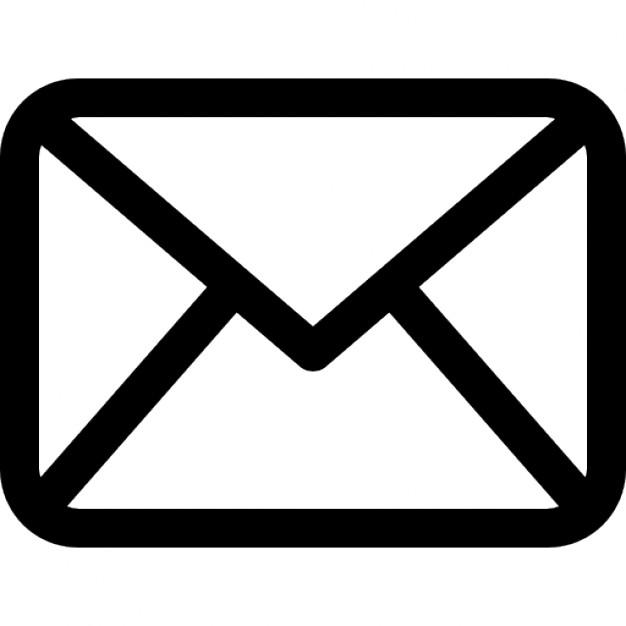4 Tips For Drafting The Best Follow-Up Emails
While emailing should be a no-brainer task – both professionally and personally – it’s often the most stressful part of the day, for young professionals and seasoned experts alike. No matter how many years you’ve been in a field like advertising or sales, you still need to be extremely attentive to the language you make use of in each and every email. It’s difficult to find your voice, which will differ depending on the context of your message.
Tones can often be misconstrued negatively and can force others to see you differently than you would like to be perceived. It’s especially complicated when you’re thinking of whether or not you should send someone a follow-up email subsequent to a job interview.Determining whether or not doing such a thing looks too desperate is sometimes hard.
Too often do we spend days, if not weeks, preparing for a job interview by reviewing common questions and editing our resumes compulsively. All of these efforts are futile, however, if your follow-up email isn’t composed coherently. Or if you fail to send one in a timely manner.
The beauty of the follow-up email is that it forces a potential employer to remember exactly who you are, by demonstrating dedication and an eagerness to join the team and take part in the inner workings of a given office. But this positive posturing is only effective if your message is clear and eloquent.
You’re should be aiming to send out more than a vague “thanks” – the email ought to be engaging and worded in such a waythat the receiver is required to respond. It’s beneficial to think of it as a second interview, one where you’re responsible for initiating the conversation; try to put yourself in the shoes of a professional recruitment team, like the specialists who at Salesforcesearch.com who represent a number of companies seeking out sales candidates – if you can estimate what a professional recruiter might think of you, you’re a shoe-in for any position.
This means you’ll need to ensure that the follow-up is sent within a few hours of the initial interview, or within 24 hours, the latest. Given the immediacy of the message, it’s in your best interest to be succinct – this will show that you respect the interviewer’s time. Moreover, you ought to be casual by speaking in a conversational tone, one that shows off your authentic self.
Most importantly, you’ll need to emphasize your interest in the position and why you make the best available candidate. And, of course, it’s essential to thank the interviewer. Gratitude is a vital, but often overlooked, aspect of sales.
If you’re able to get at least some of these items across, your interview will be a guaranteed hit and you’ll make yourself known as a qualified and memorable potential employee.

